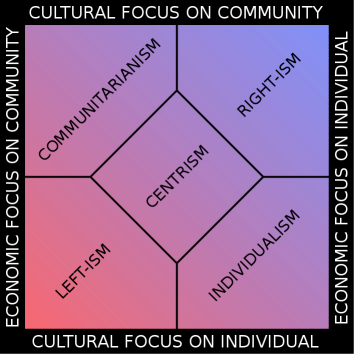It seems a crucial but oft overlooked step in discussions of morality: how to actually encourage moral behaviour?
Most moral philosophy is obsessed with either understanding the nature of moral judgement, or in developing a system that reliably produces the correct moral judgements. Good on it, but that’s not the end of the story. Even if we did have a system that produces judgements on which we can all agree, what then? How to we translate that theoretical triumph into the actual end goal of moral enquiry: encouraging moral behaviour? Seems little ink has been spilled by moral philosophers on this issue.
The exception to the above is virtue ethicists, who do emphasise the role of personality and character in producing moral behaviour, although much virtue ethics is also related to justifying particular judgements or actions rather than talking about how to shape personality or character such as to promote particular judgements or actions.
Moral psychology fares little better. Certainly it provides crucial insights into how we form the moral judgements we do although, like moral philosophy, most studies stop at the point of forming a moral judgement, and don’t investigate how people behave once they form that judgement.
The psychology of action is undoubtedly complex, and even in moral psychology the path between judgement and behaviour is poorly understood. But I think there are a few things we can say with some confidence as to how to encourage moral behaviour in the majority of people in the real – rather than theoretical – world.
(more…)
